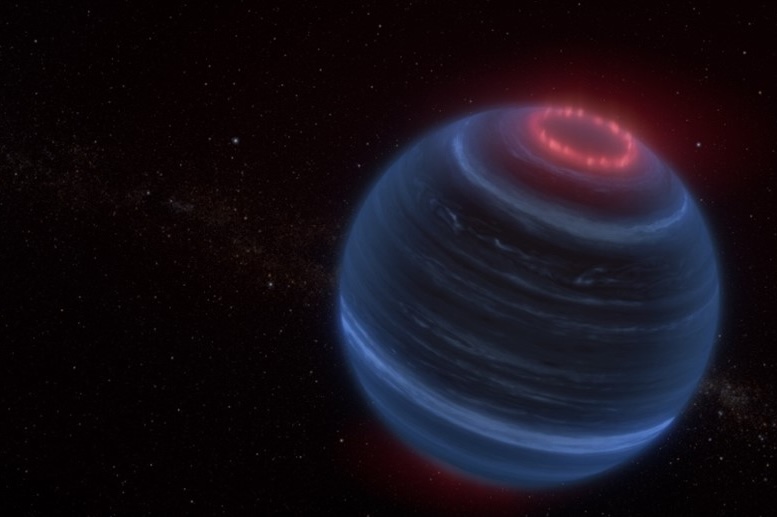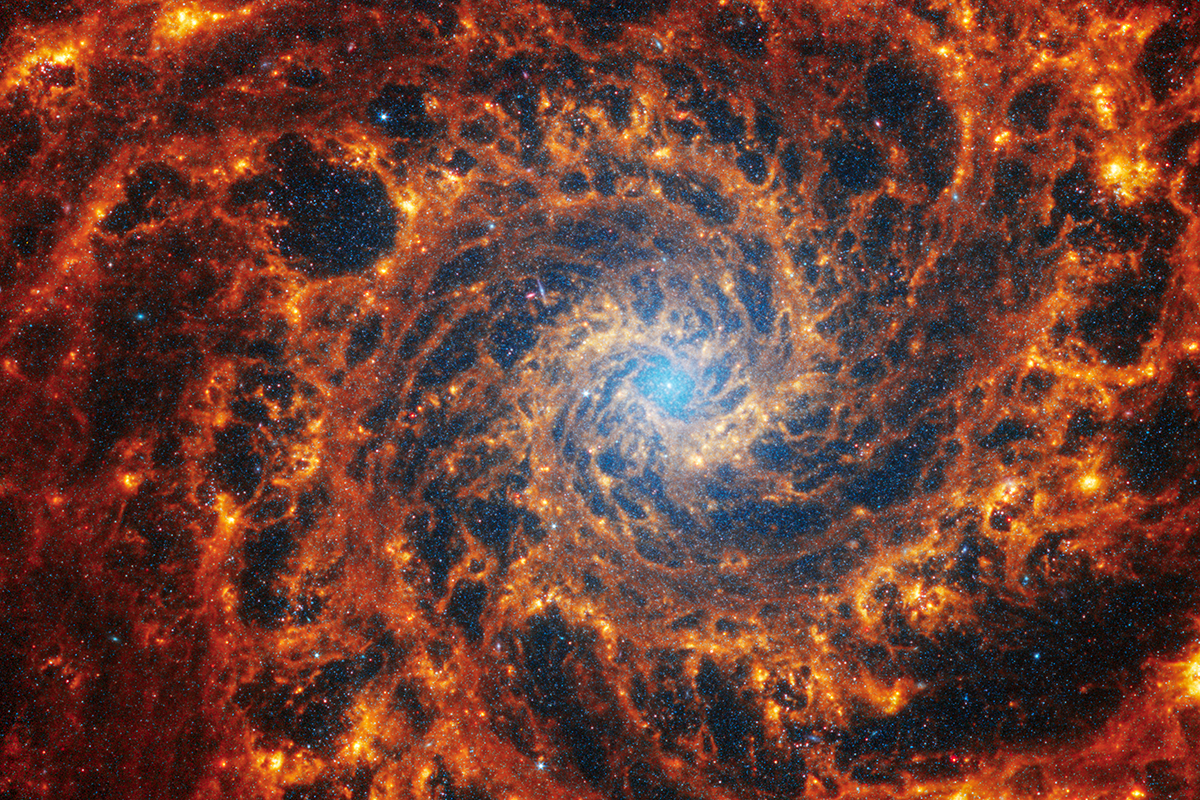Astronomer David Lambert Named 2019 Distinguished Texas Scientist
This honor reflects distinguished contributions to science through research and publication that has garnered recognition at the national and international level.

The Texas Academy of Science has chosen David Lambert, the Isabel McCutcheon Harte Centennial Chair in Astronomy, as the 2019 Distinguished Texas Scientist in honor of his notable career and significant contributions to science.
In a career spanning more than four decades, Lambert has produced several hundred research articles related to his areas of focus, including examining the atmosphere and composition of stars to determine how they produce the chemical elements and studying the chemical evolution of the universe. Lambert previously served as Chair of the Department of Astronomy from 2002 to 2003 and as the Director of McDonald Observatory from 2003 to 2014.
Lambert, a native of England, was first inspired to pursue astronomy by a prize he won in a 1956 competition as a grammar school student. Given the choice of any book from a local bookstore, he happened upon Frontiers of Astronomy by Fred Hoyle. That book began his lifelong captivation with astronomy, especially nucleosynthesis, the study of how elements are formed in stars.
After completing his bachelor's and doctoral degrees at the University of Oxford, Lambert conducted postdoctoral work at Oxford and the California Institute of Technology. He joined the faculty of The University of Texas at Austin in 1969, attracted by the recently completed Harlan J. Smith Telescope at McDonald Observatory. Lambert remained at UT Austin, with occasional semesters abroad in India and other nations, until his retirement in 2016.
Lambert's work has earned him numerous awards, including a Guggenheim Fellowship in 1981 and the Dannie Heinemann Prize in 1987. In 2007, he received the Henry Norris Russell Lectureship, the highest award offered by the American Astronomical Society.
Lambert will accept his award and give a lecture on his body of work on Saturday, March 2, during the 122nd annual meeting of the Texas Academy of Science. Other faculty in the College of Natural Sciences who have received this honor in the past are listed here.



